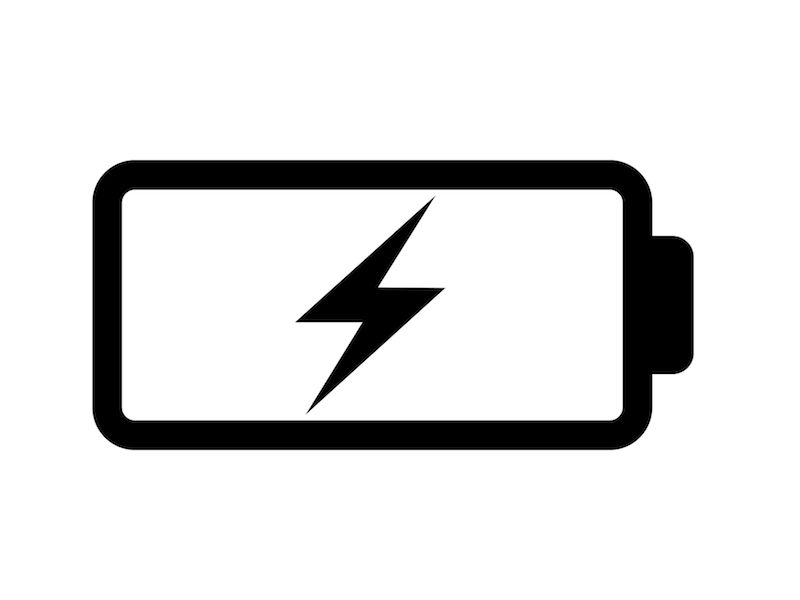
Worrying about losing battery power is something you shouldn’t have to do with rechargeable hearing aids, but when you rely on this technology, it may make you a little concerned. Do rechargeable hearing aids work, and do they work as well as marketed?
Those questions are reasonable, as is the accompanying anxiety. A hearing aid can be a vital element of one’s everyday life, as necessary for a simple visit to the grocery store as they are for the enjoyment of a movie or television show. It’s essential that a piece of technology functions properly and dependably, especially when it impacts so many facets of life.
How Do I Know What Kind of Battery I Have?
By default, most contemporary hearing aids come with rechargeable batteries, so it’s likely if you bought your hearing aids recently, it has one of two kinds of batteries. Silver-zinc batteries, which can usually be identified by a battery door on the device, are rechargeable, but the batteries might need to be changed every so often. A Lithium-ion battery, however, will not have a battery door because the batteries will last as long as the hearing aid does.
How to Care For Your Rechargeable Hearing Aid
For the most part, rechargeable hearing aids do work, and they work well. As battery technology has advanced in the last few years, the dependability of these devices has increased considerably. And, like any other electronic device, however, there are various easy maintenance procedures that users can follow to increase the reliability of their rechargeable hearing aids.
- The Charging Station is Where Your Hearing Aids Should be Kept: If your hearing aids have rechargeable batteries, you can increase your device’s battery life by making sure that you regularly store your hearing aids on their charging station. The long term battery life is not diminished by charging a battery that is not fully drained.In fact, ensuring that your hearing aids are charging when you’re not using them can actually boost your long-term battery life. For many people, putting their charging station beside their bed is a convenient reminder to charge the devices when not in use.
- Be Mindful of Wires: Most hearing aids will have a wire element of some kind, either on the charging station or on the hearing aids themselves. Being mindful of these wires is essential for hearing aid users; the connection that enables the device to charge can be damaged if you pull on or hold it by the wires.
- Keep Your Hearing Aids Clean and Dry: No matter how often you use or do not use your hearing aids, they have plenty of occasion to accumulate moisture, debris, and dust. Any combination of these three elements can undercut the capacity of your battery and can interfere with charging in sufficient quantities. When connecting your hearing aid to your charging station, as with any other time, it’s crucial to keep your device clean.
How to Replace a Rechargeable Battery
If you have lithium-ion batteries, they will probably last as long as your device does. So changing those batteries won’t be something you ever have to be concerned about. Simply keep recharging your hearing aids as long as necessary.
Hearing aids that depend on silver-zinc batteries, however, might call for fresh batteries now and then. The longevity of your battery can be increased by replacing them in the correct way. As a result, the majority of people who use these hearing aids are counseled to:
- Remember to wash your hands before changing your hearing aid batteries.
- Clean and free of moisture is the state that your battery compartment should be kept in.
- Five minutes before removing any tabs that might be attached let the batteries sit at room temperature.
- Don’t eliminate any plastic tabs or packaging until you’re ready to use batteries.
- Store batteries in a room temperature spot that is also certain to be dry.
Non-Use For Long Periods
Keeping your hearing aids on the charger over extended periods of time is no longer the way to store your hearing aids. If, for example, you know that you will not be using your hearing aids for several weeks or months, you can simply disconnect the charger and store your hearing aids in a cool and dry spot.
If your hearing aids utilize silver-zinc batteries, you might also think about leaving the battery door open so that you can stop moisture from corroding your batteries.
Rechargeable for Everyday Use
For most individuals, and for everyday use, charging your hearing aids once per day should be sufficient for all of your needs. To get 24 hours worth of battery life with a lithium-ion battery will usually only require 3-4 hours every day.
Do rechargeable hearing aids work? They don’t just work, they are becoming more common all the time. To see all the different models, schedule an appointment with your local hearing aid retailer.